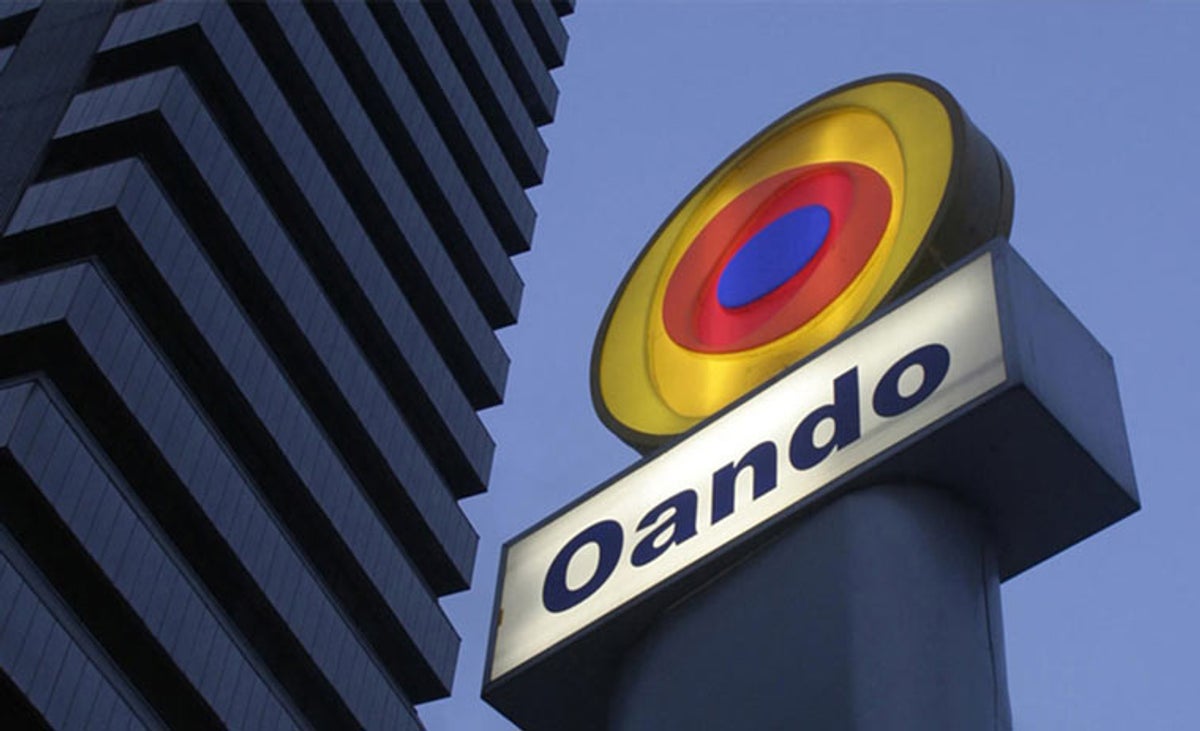OPINION
SEC-OANDO Run-in and the Overall Public/Capital Market

Unarguably, the decision, to sanction the management of Oando Plc and the removal of its key directors by the Securities and Exchange Commission (SEC), continues to generate a lot of commentaries and analyses on the issue now before a court of competent jurisdiction. Away from sentimentalism and prejudice to the ruling of the court, it is important to position the argument within the context of justice, equity, fairness and in particular, the protection of the public and shareholders interest.
Without a doubt, Oando plc is a publicly quoted company, oiled by shareholders’ monies and held in utmost trust for the investing public. Thus, for that reason, each pronouncement and action or inaction of Oando plc and that of the regulator, SEC ought to, and must be seen to serve the overall interest of the investing public and its shareholders, and not that of an advantaged few.
It is therefore against this backdrop that this seeming embarrassing situation between the regulator, SEC, and Oando should be viewed. These are the cogent issues that ought to be x-rayed by all and sundry before arriving at some conclusions. But sadly, many commentators and other arm- chair analysts are quick to vilify SEC for undertaking to do the needful not minding whose ox is gored.
It will be recalled that when the SEC noticed some gross financial anomalies in the books of Oando plc, it notified the company and subsequently set up a forensic audit of Oando, and the follow-up report of the forensic audit performed by the firm of Deloitte and Touche revealed serious infractions. These include: “false disclosures, market abuses, misstatements in financial statements, internal control failures, and corporate governance lapses stemming from poor board oversight, irregular approval of directors’ remuneration, unjustified disbursements to directors and management of the company, related party transactions not conducted at arm’s length, amongst others”.
The Commission therefore, ordered the resignation of some board members, while barring Tinubu and Boyo, from being directors of public companies for a period of five years, based on the allegation which the company’s management described as “unsubstantiated, ultra vires, invalid and calculated to prejudice the business of the company.”
Oando thereafter issued a statement claiming lack of fair hearing. Despite the claim of alleged lack of fair hearing, Oando said its management “simply co-operated with the process and responded to questions posed by the auditors in the course of their fieldwork for.”
However, the commission has since argued to the contrary, affirming that Oando Plc was given sufficient opportunity of being heard before they were penalised. In a statement, the SEC said that, there were various opportunities to defend themselves(Oando plc) during the investigation by SEC and during the forensic Audit and said interalia “To put the records straight, the SEC hereby states that fair hearing is a paramount and fundamental principle, which the Commission as a law abiding agency adheres to in all its investigative processes.
SEC said in the course of conducting the forensic audit, Deloitte & Touche held regular sessions with members of the Board and senior management of Oando Plc, and afforded them the opportunity to provide explanations on issues relating to the audit. “As the Apex Regulator of the Nigerian capital market, the Commission has a mandate to protect investors. The Commission’s recent action on Oando Plc aligns with the above cardinal mandate, as the directive for the removal of persons from the board of Oando Plc and the appointment of an interim management team to temporarily steer the affairs of the company is to protect investors and preserve stakeholder value.
“Failure or refusal of the Commission to act in the face of the serious issues thrown up by the investigations or to reverse its directives, would undermine the federal government’s agenda to build strong institutions and promote the transparency and integrity of the Nigerian capital market, especially given that, these are preconditions for attracting foreign investors to the Nigerian capital market,” the apex capital market regulator added.
Consequent upon Section 13 of the ISA 2007, the commission as the apex regulatory organisation for the Nigerian capital market is empowered to undertake the functions prescribed in this Act, including regulating investments and securities business in the country as defined in the Act, and the action so far taken with regards to the case of Oando Plc are in the public interest, especially as it concerns investor protection; and in further bid to prevent “fraudulent and unfair trade practices relating to the securities industry;” among others.
The Oando issue needs a firm and holistic approach to restore confidence in the capital market and adhere to the truth of corporate governance and the Ag. DG of SEC, Ms Mary Uduk ought to be applauded for the courage in releasing the outcome of the forensic audit. The unfolding events between Oando and SEC should not be allowed to fester longer than necessary so as not to dampen investors’ confidence. Proper handling of the issue will go a long way to determine the success of the nation’s drive for attraction of new retail and foreign investors as well as safeguard investors’ confidence.




 Davido's Net Worth & Lifestyle
Davido's Net Worth & Lifestyle 
